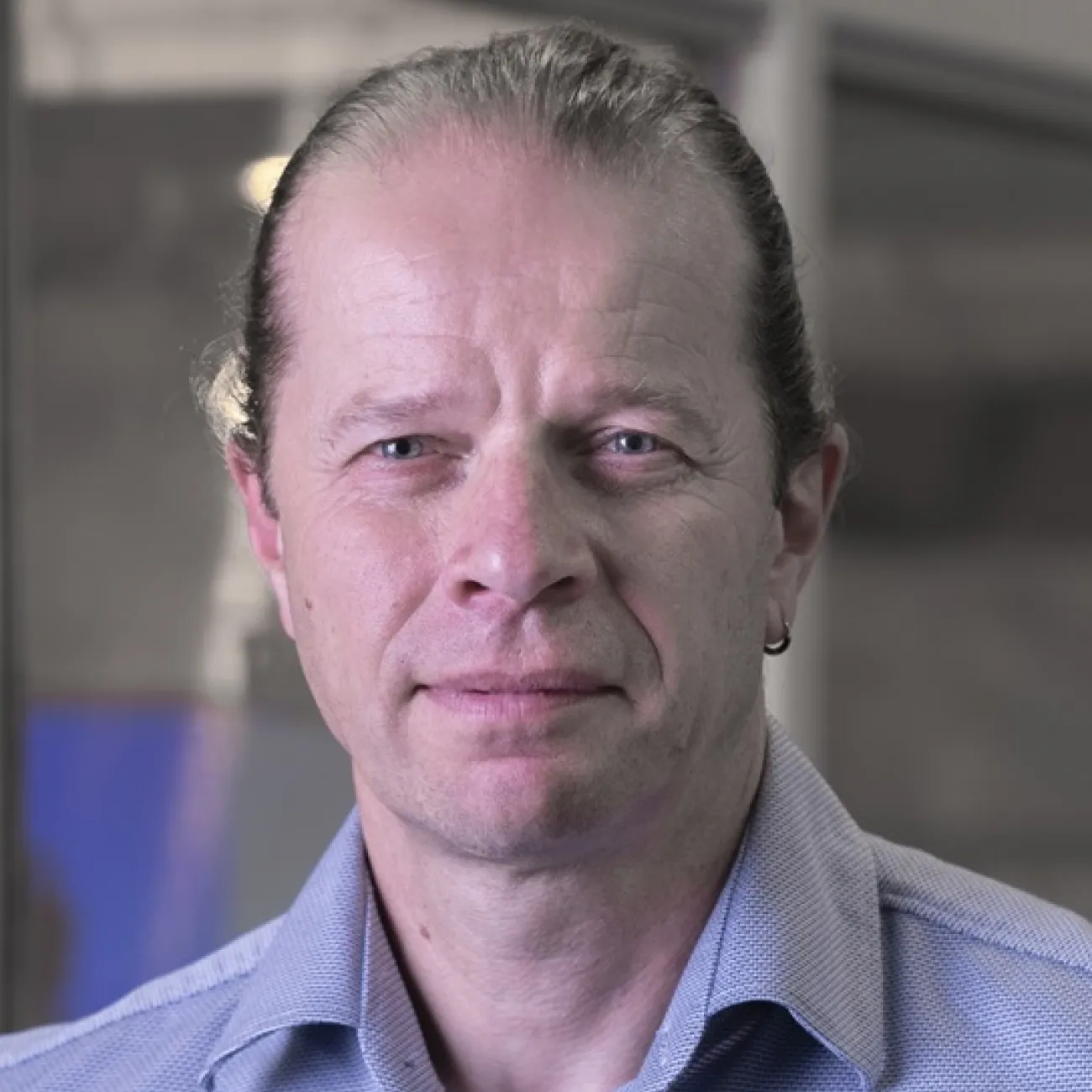About
Simon is Professor of Structural Chemistry and Director of both the UK National Crystallography Service and the UK Physical Sciences Data-science Service. He is an author on around 1000 papers covering the areas of structural chemistry, support for chemical synthesis and chemical information. He is one of the most prolific chemical crystallographers of all time (measured by number of contributions to the Cambridge Structural Database). He has served on many national and international facilities and professional society bodies and currently sits on the Editorial Boards of Crystallography Reviews, Supramolecular Chemistry, Cryst.Eng.Comm and IUCr RawDataLetters.
Research
Research groups
Research interests
- The work we do is highly collaborative and multidisciplinary and can broadly be split into three overlapping themes:
- 1) National Crystallography Service (NCS, www.ncs.ac.uk) & Physical Sciences Data-science Service (PSDS, www.psds.ac.uk) These national centres provide centralised facilities for UK researchers at a level that is beyond that achievable in any single institution. The NCS provides data collection and crystal structure analysis for the UK chemistry community. It also performs projects based on more advanced techniques, involving a dedicated team of experts employing cutting edge techniques and the use of very high-powered laboratory diffractometers or the UK synchrotron, Diamond. The PSDS provides national-level access to databases and is building infrastructure on top of these to drive and support data-driven approaches to scientific discovery.
- 2) Structural Chemistry We have an interest in determining the mechanisms of solid-state reactions and transformations and use a variety of diffraction and physical characterisation methods for this. Other work focuses on discovering and investigating structure-property relationships, the determination of charge densities and their properties and 'value-added' quantum mechanical calculations to compute properties from crystal structures. We also collaborate with other disciplines in a number of areas such as macromolecular crystallography (Biology), crystal growth (biology) and CT imaging (Engineering).
- 3) Digital Chemistry Our work in this area is based around data management and the structuring of chemical data and information at the point of its creation. Data in this form are then used in informatics, authoring, discussion and publication-based activities. We are also involved in policy formation, infrastructure design and implementation. This work also impacts on eLearning and we are involved projects concerning the digital education environment. This work is funded through a variety of sources (mainly JISC and Microsoft) and has led us to work with computer scientists, information specialists, librarians, engineers and archeologists. Currently leading a national initiative, the Physical Sciences Data Infrastructure (http://www.psdi.ac.uk).
Current research
Structural Chemistry:
- Crystal Sponges - using porous frameworks to adsorb and characterise 'uncrystallisable' compounds.
- Structures under change – the ‘holistic’ characterisation of thermal, pressure and chemically initiated phase transitions by diffraction, spectroscopic and calorimetric techniques.
- Solid-state reactions and gas sorption – in-situ investigation by diffraction and complementary techniques to understand the uptake of gases or how they react with solids.
- Structural polymorphism, systematics and similarity – the structural and physical property characterisation of large families of related compounds (typically ranging from 10-100) in order to gain insight into the phenomenon of structural similarity.
- Solid-state energy calculations – much of our experimental structural work is complemented and enhanced by a whole range of energy calculations on families, polymorphs and intermediates in crystal structures.
- Quantum Crystallography – systematic studies of homologous series of compounds to probe the electronic effect on inter- and intra- molecular bond formation and strength.
- Crystallisation - systematic, high-throughput screening of crystallisation space and in-situ monitoring of crystal growth processes.
Digital Chemistry:
- Data Science – developing database technology to empower new data-driven techniques, such as machine learning and artificial intelligence.
- Chemical Informatics – a knowledge-driven approach to the statistical analysis of the structure and properties of compound libraries.
- Data management and publication - the application of semantic web approaches to enhancing the process of experimental characterisation, management of the arising data and also to making that data available in a richly self-describing form so that it may be automatically understood and processed.
- Electronic Laboratory Notebooks – developing novel systems for recording, collaborating and disseminating the results and conditions of the entire experimental process.
- eLearning – using novel technologies to enhance and enable teaching and learning at any level from school children through undergraduates to researchers.
- Outreach - development of novel approaches to introduce and explain chemical and structural science to the general public.
Research projects
Active projects
Completed projects
Publications
Pagination
-
Previous page Previous
- …
- 10
- 11
- 12
- 13
- 14
- …
-
Next page
Next
Teaching
Simon is a Senior Fellow of the Higher Education Academy and has long been involved in developing MSc programmes in Chemistry. He teaches at a range of undergraduate and postgraduate levels and has served for many years at a national level as Education and Outreach Coordinator for the British Crystallographic Association.
External roles and responsibilities
Biography
Simon obtained his BSc and PhD in structural systematics and molecular modelling at the University of Wales, Cardiff in 1992 and 1997 respectively. He held a Postdoctoral appointment with the Royal Institution, but based at the CCLRC Daresbury Laboratory, where he helped build the highly successful, world's first synchrotron Small Molecule Single Crystal beamline, 9.8. In 1998 Simon moved to Southampton to establish a new laboratory and manage the National Crystallography Service. Simon transferred to Chemistry staff in July 2009, when he took over the role of Director of the National Crystallography Service. He also became the Director of the UK Physical Sciences Data-science Service in 2019, and lead on the Physical Sciences Data Infrastructure in 2021.
